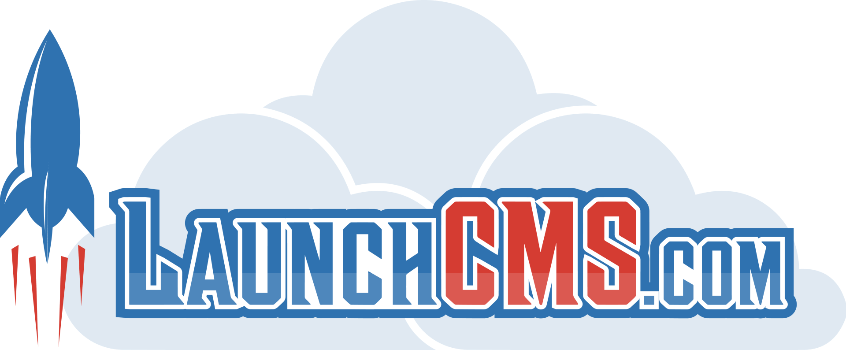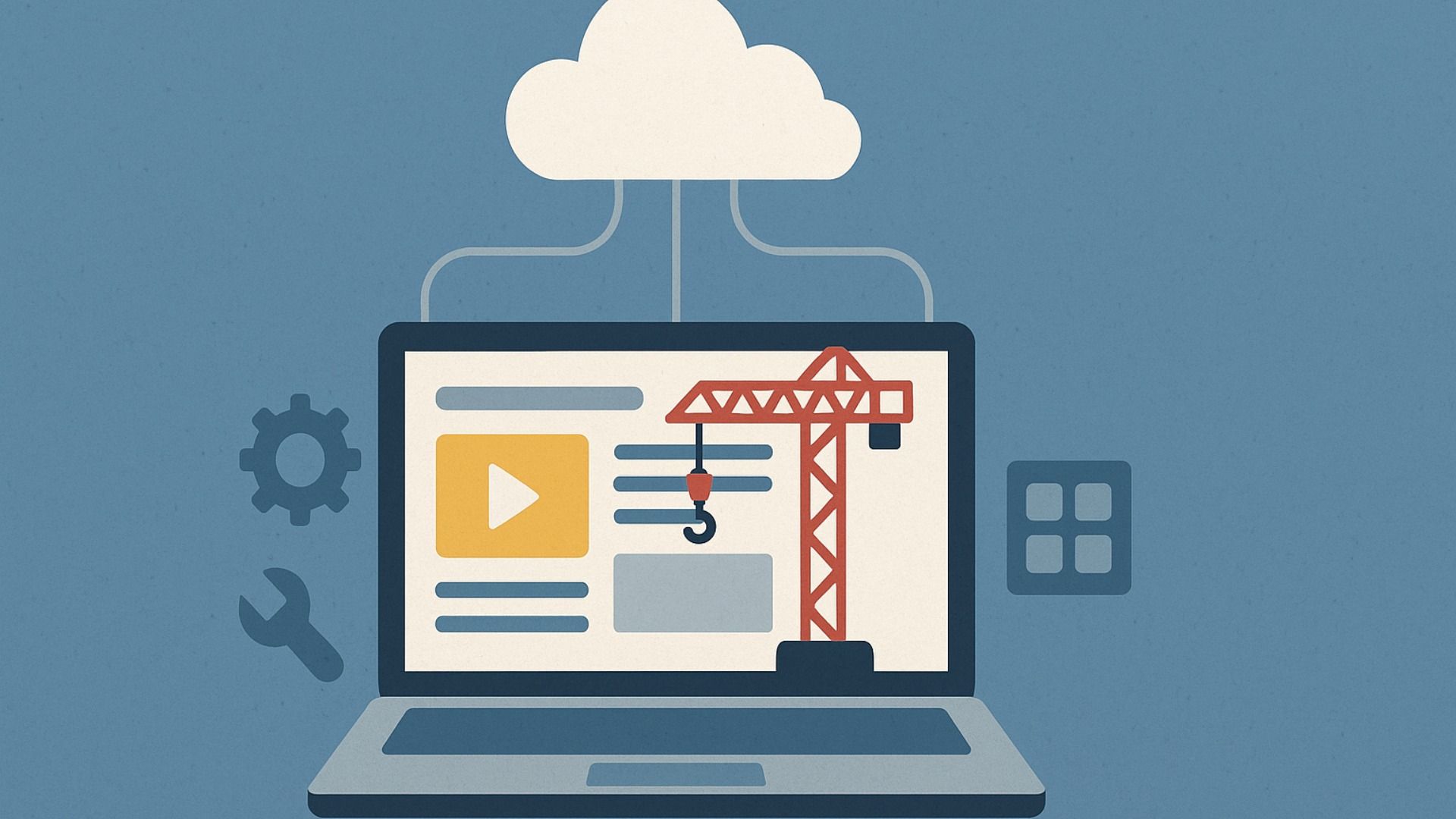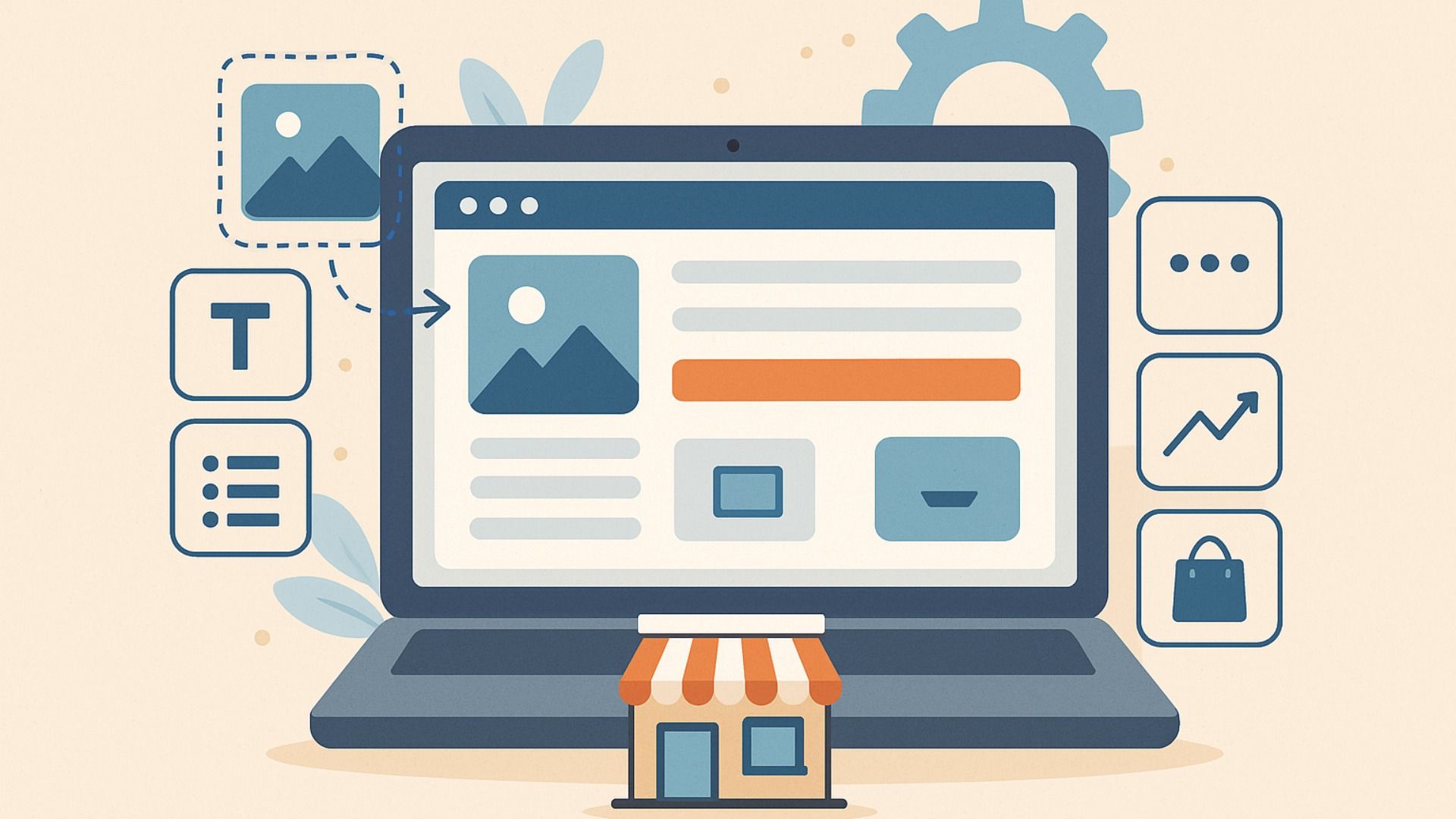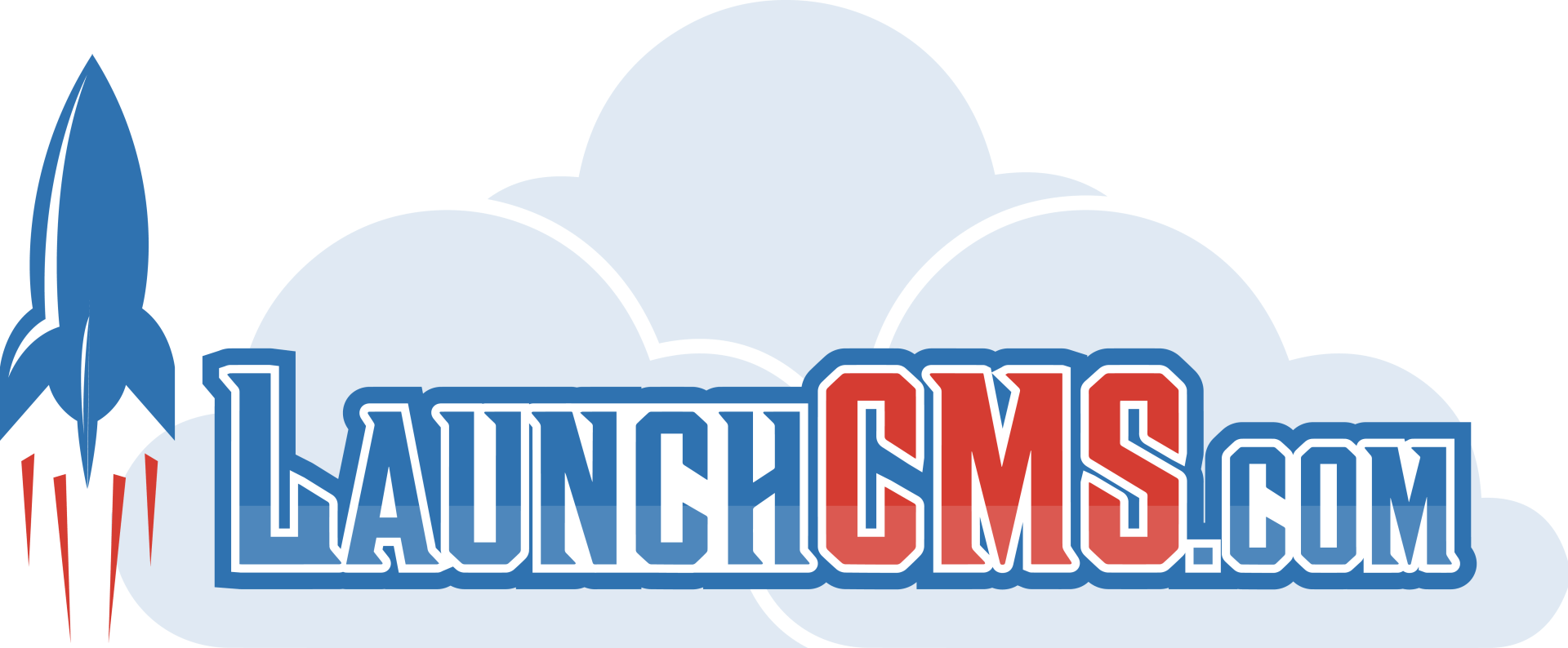Security Matters: How to Safeguard Your Website with a Reliable Web CMS
Security Matters: How to Safeguard Your Website with a Reliable Web CMS
In the digital age, where online presence is synonymous with business identity, the security of a website is paramount. This is where choosing a reliable Web Content Management System (CMS) becomes crucial. A secure CMS not only protects your website from potential threats but also ensures that your content is safely managed and easily scalable. Here’s how you can safeguard your website by selecting and maintaining a trustworthy CMS.
- Choose a CMS with a Strong Security Track Record - When selecting a CMS, look for one that has a proven track record of security. This includes regular updates and patches that address new vulnerabilities as they emerge. Platforms like WordPress, Joomla, and Drupal are popular choices, largely due to their active community of developers who regularly contribute to their security. These CMS platforms also provide detailed documentation and support which can be crucial in preventing security breaches.
- Regular Updates and Maintenance - The internet landscape is constantly evolving, and so are the tactics of cybercriminals. To keep up, it’s essential to install CMS updates and patches as soon as they are released. These updates fix security holes and bugs that could be exploited by hackers. Additionally, make sure that any plugins or themes you use are from reputable sources and are updated regularly. Old and unsupported extensions are often easy targets for attacks.
- Use Strong Authentication Measures - Implementing strong authentication measures can significantly increase your website's security. This includes using complex passwords and changing them regularly. Consider using multi-factor authentication (MFA), which requires users to provide two or more verification factors to gain access to the CMS, adding an extra layer of security.
- Employ Robust Access Control - Limiting access is a key aspect of securing your CMS. Not every user needs access to all parts of your website. Implement role-based access control (RBAC) to ensure that users have only the permissions they need to perform their tasks. This minimizes the risk of accidental or malicious changes to your website and reduces the number of potential entry points for hackers.
- Secure Your Hosting Environment - The security of your hosting environment is just as important as the security of your CMS. Opt for a hosting provider that offers robust security measures, including firewalls, intrusion detection systems, and regular backups. Secure Socket Layer (SSL) certificates are also a must for encrypting data transferred between your website and its users, protecting sensitive information from being intercepted.
- Regularly Backup Your Data - Regular backups are a safety net against data loss in the event of a security breach. Ensure that your CMS has an efficient way to backup your data automatically. Store backups in a secure location and test them regularly to ensure they can be restored successfully.
- Monitor and Audit - Regular monitoring and auditing of your CMS can help you detect and respond to security threats promptly. Use security plugins and tools that provide real-time monitoring and alerts for suspicious activity. Conduct regular security audits to assess the effectiveness of your security measures and identify areas for improvement.
Choosing a reliable CMS is the first step in safeguarding your website, but ongoing maintenance and vigilance are necessary to keep it secure. By following these tips, you can create a secure online environment that protects both your content and your users. In today's digital ecosystem, a secure website not only enhances user trust but also boosts your brand’s credibility. LaunchCMS can is your solution,
contact us today!









